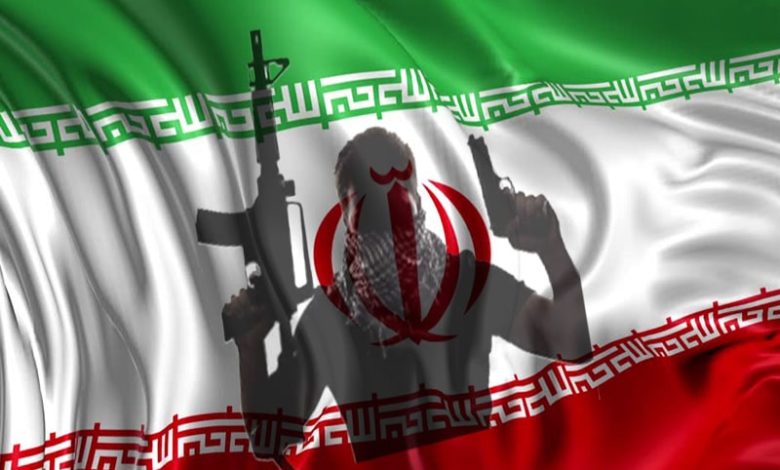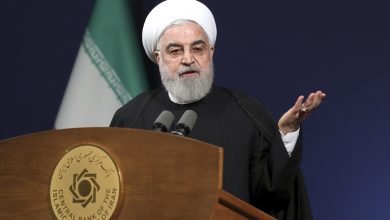
Hundreds of leaked Iranian intelligence reports appear to have revealed the extent of Tehran’s influence in Iraq.
The Intercept and The New York Times reported on Monday that the unprecedented leak shows evidence of Iran’s efforts to embed itself into Iraqi politics and affairs.
The publications said their reporting was based on 700 pages of verified reports written mainly in 2014 and 2015 by Iran’s Ministry of Intelligence and Security, and sent to The Intercept anonymously. The Intercept later shared the documents with the Times.
Vanessa Gezari of The Intercept said her publication received the documents from an unknown source and that “we still don’t know who they’re from”.
The source said they had wanted to “let the world know what Iran is doing in my country Iraq”, The Intercept reported.
‘Special relationship’
Though more than four years old, the documents “offer a detailed portrait of just how aggressively Iran has worked to embed itself into Iraqi affairs, and of the unique role of General Soleimani”, according to The Times.
Soleimani is the commander of Iran’s Islamic Revolutionary Guard Corps. He has in recent weeks chaired meetings in the Iraqi capital, Baghdad, and the southern city of Najaf in recent weeks in a bid to persuade political parties to close rank around Iraqi Prime Minister Adel Abdul Mahdi, the AFP news agency reported on Monday, citing unnamed sources.
Abdul Mahdi has come under intense pressure amid weeks of deadly anti-government protests, which erupted at the beginning of October as a result of widespread anger over official corruption, mass unemployment and failing public services.
Anti-Iran sentiment has been a feature of some rallies, with many demonstrators perceiving Iraq’s leaders as subservient to Tehran or Washington – powers they believe are more concerned with wielding regional influence than the needs of ordinary Iraqis.
In one of the leaks, Abdul Mahdi is described as having had a “special relationship” with Tehran when he was Iraq’s oil minister in 2014.
Tehran exploits US withdrawal
The reports also named former prime ministers Haider al-Abadi and Ibrahim al-Jafari as well as former speaker of parliament Salim al-Jabouri as politicians with close Iran links.
According to the Times, Tehran was able to gain much more access following the withdrawal of United States troops from Iraq in 2011, which it said left Iraqi assets of the Central Intelligence Agency “jobless and destitute”.
They then turned to Iran, offering information on the CIA’s operations in Iraq in exchange for money, the report said.
There was no immediate comment from the prime minister’s office, or other Iraqi officials on the leaks.
Iranian authorities, who are also battling to contain protests fuelled by a snap rise in fuel prices, were also yet to comment on the developments.







